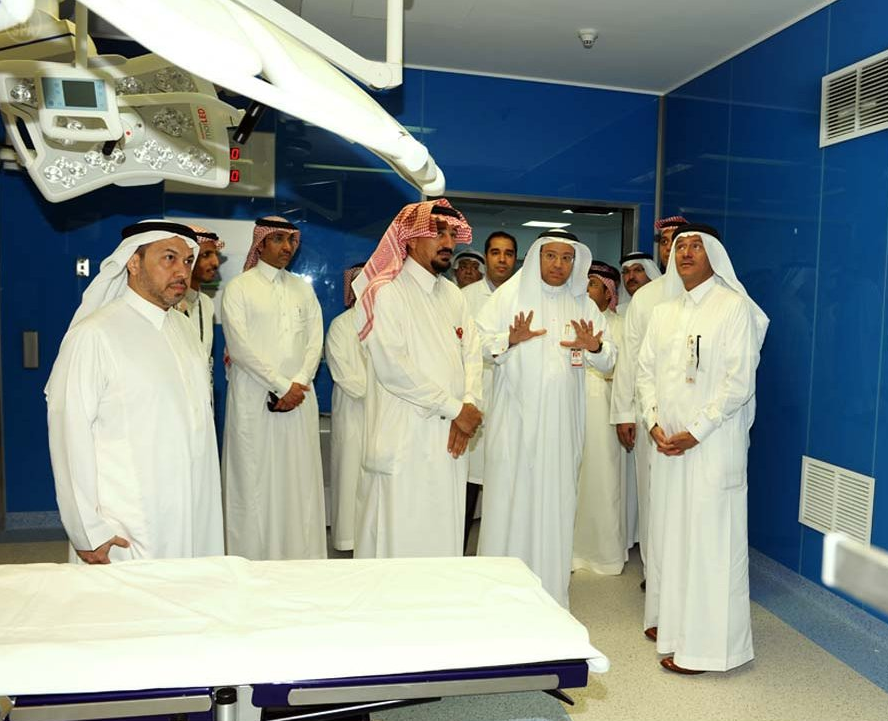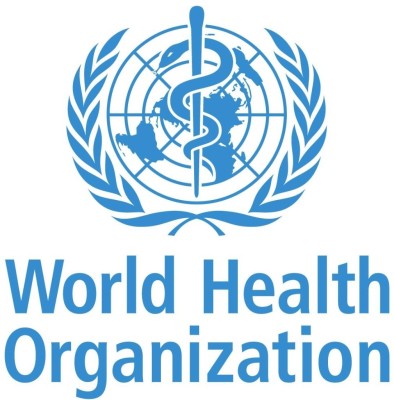As MERS cases spike in Saudi Arabia, a delegation of World Health Organization (WHO) and other international organizations visited Saudi Arabia and concluded that the Kingdom must do more to combat the spread of the disease, particularly in hospitals, according to a press release from the WHO today.
“Although data collection and surveillance have improved globally in recent months, critical gaps in knowledge remain, and several challenges in [Saudi Arabia] will require further work,” the WHO said. “For example, how and why infections occur in the community is yet to be understood, and this is critical for stopping the outbreak. In addition, cases that occur in health-care settings require further analysis to fully understand what steps are needed to ensure infection prevention and control measures are adequately implemented. The fact that infections are still occurring in some health-care settings but not in others indicates that current infection control measures are effective but not implemented.”
The press release following the WHO’s visit comes amid a report in Arab News noting that a hospital in Riyadh has been temporarily shut down for ignoring coronavirus rules. Health Ministry spokesman Khaled Mirghalani told Arab News that the hospital had “ignored several warnings issued” and that the Saudi government “cannot compromise with the health of the people.”
The WHO also said that there “are so many aspects of the virus that are still unknown,” and that “besides implementing good infection control and prevention measures, efforts to educate professionals and the public are urgently needed. There are also significant gaps in community engagement to fully understand routes of infection and the preventive steps that should be taken. Defining groups that are most at risk, such as the elderly and those with underlying medical conditions, and how to target these groups with the right health messages remains a challenge.”
MERS-CoV is a viral respiratory illness that first started in Saudi Arabia but spread to other neighboring countries, and last year, reached the United States for the first time, although it did not spread here and patients that arrived were treated and ultimately released.
According to the Atlanta, GA-based Centers for Disease Control and Prevention (CDC), MERS-CoV has been found in some camels, and some MERS patients have reported contact with camels. “However, we do not know exactly how people become infected with MERS-CoV—many people with MERS have had close contact with a person sick with MERS,” the CDC said on its website.
The WHO, in its report released yesterday, urged Saudi officials to bring greater understanding to the connection between camels and the disease. According to the WHO, 1026 laboratory–confirmed cases of MERS-CoV, including at least 376 deaths have been reported to WHO.
“More than 85% of these have been reported from Saudi Arabia,” the WHO noted.










